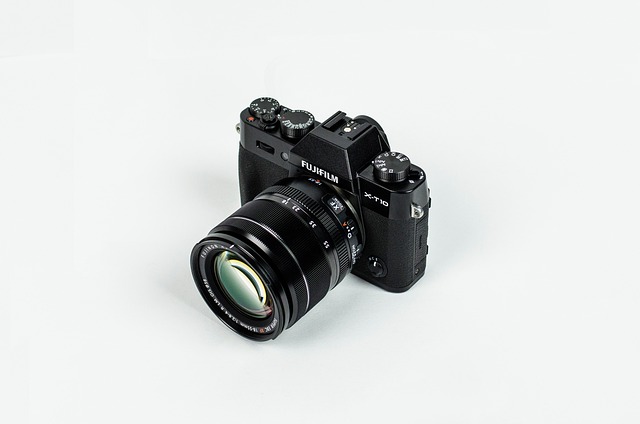In the rapidly evolving world of technology, the concept of hybrid systems is at the forefront of revolutionizing automation, specifically in the realms of robotics and artificial intelligence (AI). These systems combine the strengths of both traditional and modern technologies, creating a seamless integration that enhances operational efficiency and drives innovation.
One of the most significant impacts of hybrid systems can be observed in the field of robotics. Modern robots are no longer just mechanical automatons; they are becoming intelligent entities that can learn and adapt. Hybrid systems leverage advanced AI algorithms alongside robust mechanical designs to create robots that not only perform repetitive tasks but can also make real-time decisions based on their environment. This duality enhances their ability to operate in complex and unpredictable settings, from manufacturing floors to healthcare facilities.
For businesses, the incorporation of hybrid systems represents a transformative shift. Automation has been a game changer in reducing operational costs and increasing productivity. However, the integration of AI with automation brings about a level of sophistication that was previously unattainable. Businesses can utilize hybrid systems to process vast amounts of data, predict trends, and optimize workflows. This integration allows for smarter decision-making processes, ultimately leading to enhanced customer satisfaction and increased profitability.
The rise of hybrid systems in AI has particularly profound implications. With the ability to merge multiple data streams and learn from experience, AI systems can now provide more accurate insights and recommendations. This has far-reaching consequences for industries like retail, where personalized experiences can be created rapidly using a combination of consumer data and AI-driven predictions. The synergy of hybrid systems leads to innovations that not only streamline operations but also create more engaging and tailored interactions with customers.
Moreover, hybrid systems are changing the landscape of workforce dynamics. As robots and AI take on more complex tasks, the nature of work is evolving. Employees are transitioning to roles that require higher-level problem-solving skills and emotional intelligence — areas where human capabilities far exceed those of machines. This transformation encourages a collaborative approach between humans and machines, where each complements the other’s strengths.
As we continue to explore the potential of hybrid systems, it’s essential to address the ethical considerations that accompany this technological evolution. The blending of robotics and AI into business processes raises questions about job displacement and the responsibility of organizations to reskill their workforce. Embracing hybrid systems should not only focus on efficiency and profit but also on creating a sustainable future where technology augments human potential rather than replaces it.
In summary, the advent of hybrid systems is reshaping the automation landscape across various sectors. By harmonizing the capabilities of robotics and artificial intelligence, we are witnessing a new era of productivity and innovation. As we navigate this transition, embracing the potential of hybrid systems will be crucial for organizations aiming to thrive in an increasingly automated world.




